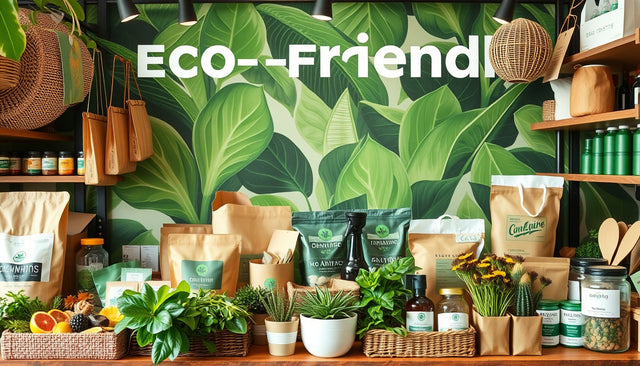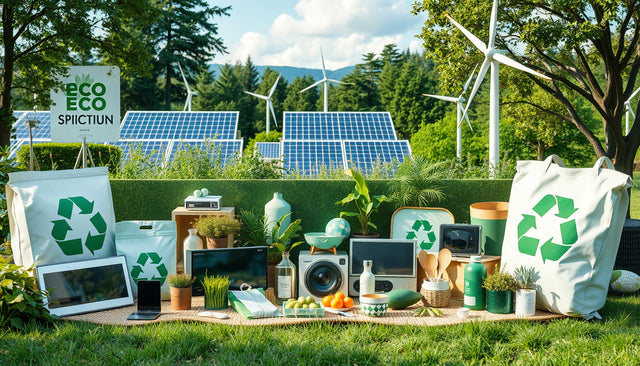MAS Holdings Aims for 75% Revenue from Sustainable Products by 2030
MAS Holdings aims for 75% revenue from sustainable products by 2030. The company, South Asia’s leading apparel maker, sets this target in its new five-year “Plan for Change” (2026–2030). Sustainable revenue grew from 28% in 2023 to about 42% in 2025. This rise nears an earlier target of 50%.
Key Sustainability Initiatives
Nemanthie Kooragamage, Director of Group Sustainable Business at MAS, shares the plan. She lists three key ideas. First, the firm scales textile-to-textile circularity and recycling for many fiber types. Second, it builds new materials using non-finite resources that match current performance. Last, it boosts its use of natural fibers through regenerative or similar sourcing.
Company Profile and Global Impact
MAS Holdings began in 1987. Mahesh, Ajay, and Sharad Amalean founded it. Today, the company runs 53 manufacturing facilities in 13 countries. These include India, Bangladesh, Vietnam, Kenya, Jordan, Indonesia, and the United States. It employs 100,000 people and works with big brands like Nike, Speedo, and Victoria’s Secret. The firm produces various apparel types from intimate wear to sportswear and swimwear.
Integrated Sustainability Framework
The 2030 Plan for Change rests on three pillars—Product, Lives, and Planet. Each pillar meets goals for climate, social care, and industrial progress: • Product: It drives new ideas in sustainable textiles and circularity. • Lives: It backs gender equity through childcare, eldercare, better wages, and a focus on the well-being of women workers in 11 countries. • Planet: It commits to reducing emissions by 80% and turning 30% of raw material waste into circular loops. The firm also works on ecosystem restoration and fights issues like microfiber pollution and biodiversity loss.
Supply Chain Transparency and Collaboration
MAS aims for closer supply chain traceability and lower Scope 3 emissions. It sets biodiversity targets by following the Science Based Targets for Nature initiative. The firm links its goals with both direct and indirect supply chains. It stresses that decarbonizing supply chains needs close work with suppliers and top brands. Investments and alliances in sustainable nylon technologies also help meet these plans.
Leadership and Strategic Outlook
Suren Fernando, CEO of MAS Holdings, says that sustainability is built into the business core. Kooragamage adds that input from suppliers, customers, NGOs, and global bodies like the UN and ILO shapes these goals. Their views ensure that the targets stay both ambitious and realistic.
Challenges Ahead
MAS faces challenges such as keeping consistent policy in countries like Sri Lanka, managing energy well, and aligning outside partners. The company takes careful risks to meet its targets while keeping its business strong.
Conclusion:
MAS Holdings commits to a major shift by aiming for 75% revenue from sustainable products by 2030. The plan marks a clear move towards circular production, social fairness, and environmental care. This combined approach, along with a global reach and strong partnerships, sets a promising path for change in apparel manufacturing.
Design Delight Studio curates high-impact, authoritative insights into sustainable and organic product trends, helping conscious consumers and innovative brands stay ahead in a fast-evolving green economy.






















0 comentarios